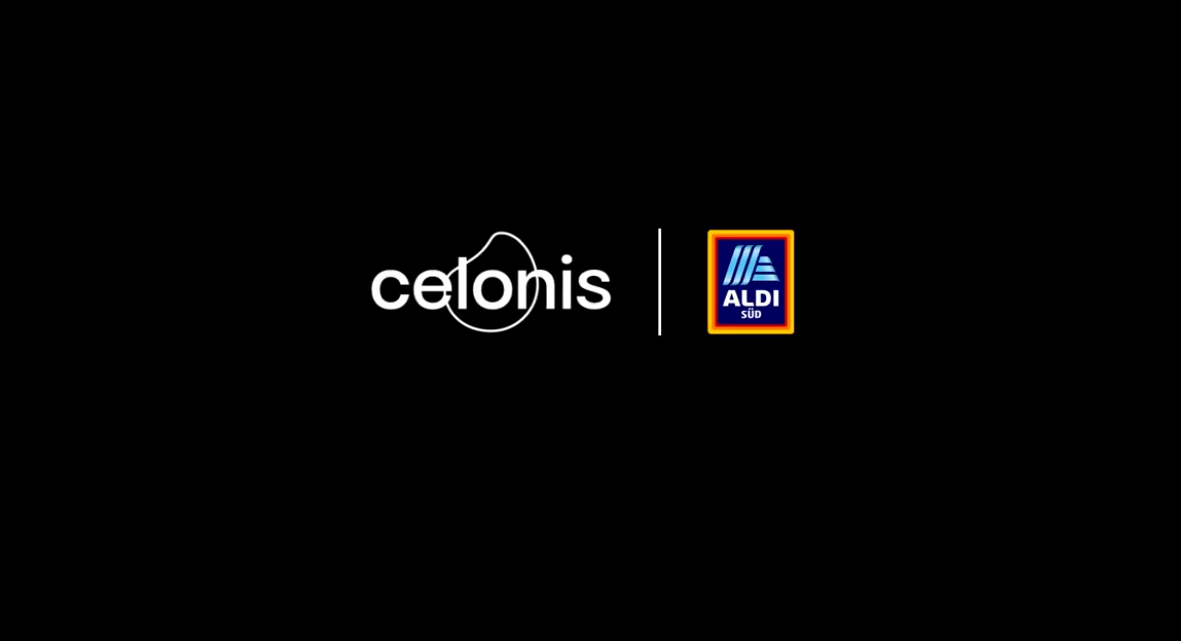
How ALDI SÜD plans to turn sustainability and logistics into a win-win
Global retail giant ALDI SÜD is best known for its low-price supermarkets around the world. Keeping those prices low means optimizing as much of its operations as possible. ALDI SÜD has more than 6,500 stores around the world and everyday trucks are shipping goods from central warehouses as often as twice per day. Given that, sustainability and a well-managed carbon footprint are also part of ALDI SÜD’s daily operations and among their key priorities moving forward.
What is sustainability in business? The process, returns, KPIs and everything you need to know
Empowered by the vision of further reducing transport costs as well as CO2 emissions, ALDI SÜD decided to join the Celonis Sustainability Hackathon to tackle this challenge together with a team of Celonauts.

The Celonis Sustainability Hackathon in March was held in 4 locations—New York, Munich, Madrid, and London—and featured 14 customers and more than 120 participants from 7 different countries. ALDI SÜD won first place for its Freight Consolidation use case.
Dr. David Heise (IT Manager), Masud Ezami (Senior IT Consultant) and Carsten Eisterhues (IT Consultant), experts in ALDI SÜD's Business Process Management Center of Excellence, recently reflected upon the wider business context at ALDI SÜD and their winning strategy for transportation outbound logistics in the Celonis Sustainability Hackathon. "ALDI is currently in a large transformation journey, where we are digitizing the entire business and IT landscape, implementing new processes," said David. "The way we build new processes also needs to be sustainable."
Carsten added that the Celonis Sustainability Hackathon use case was chosen, because of the very compelling win-win potential - i.e. further optimizing carbon emissions and transportation costs. ALDI SÜD decided to focus on its transportation outbound process from their central warehouses to their stores, which are at the heart of the daily ALDI SÜD operations and covers that store orders are planned on picking tours, pallets and trucks as optimised as possible. In particular, the team decided to investigate in the daily pallet and truck utilization to derive improvement potentials leveraging the insights from Celonis Execution Management System (EMS). The ALDI SÜD solution, developed in just one day during the hackathon, was a first draft and mockup with live data. David noted that ALDI SÜD has to validate the data behind the sustainability use case but outlined that the insights from the hackathon represent "a good starting point." Moreover, he indicated that "Every business unit and region are keenly interested in reducing costs and emissions," thus the final solution perfectly resonates with business demands. Lastly, Masud, concluded with a clear vision for the way ahead: “Transfer, what we have done today, to our daily business.” Congratulations to ALDI SÜD.
Related:
Supply chain optimization, sustainability are blending together
Why optimizing truck pickup, delivery processes are so important
Webinar: Process Excellence to Unleash Sustainability Performance
Proposed SEC rules could accelerate sustainability data collection
How inflation, supply chain and sustainability could drive efficiency gains






